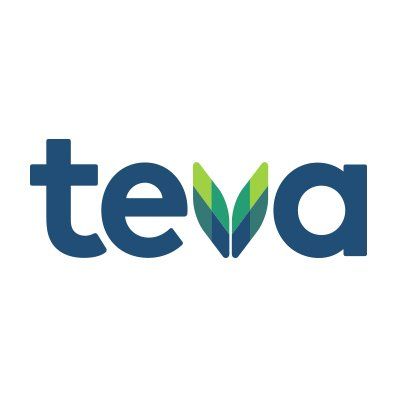Gilts were assigned as controls (CTL, n = 6) or received orally 10 mg of bromocriptine thrice daily from d 110 of gestation until farrowing, (BRPP, n = 7), from d 1 to 6 postpartum (PP) (BRL1, n = 6), from d 7 to 13 PP (BRL2, n = 7), from d 14 to 20 PP (BRL3, n = 6), or from d 21 to 27 PP (BRL4, n = 6). Weights of pigs were recorded at birth, 24 h later, and on d 7, 14, 21, 28, 31 (weaning), 42, and 56 PP. Jugular blood samples were collected from sows on d 109 of gestation and every other day until farrowing, as well as on d 1, 6, 13, 20, and 27 PP. Behavioral observations of sows and litters were taken every 3 min for a 24-h period beginning 48 h after the onset of the treatments. In experimental sows, bromocriptine induced marked reductions in prolactin levels during treatment (P < .001). Compared to CTL sows, concentrations of IGF-I were higher at d 21 (P = .01) and 28 (P = .003) PP in BRL3 and BRL4 sows, respectively. In bromocriptine-treated sows, weight gain of litters was either drastically reduced or abolished (P < .001) during the week of treatment. Treatments also altered significantly the suckling behavior of pigs at all stages studied. Therefore, the present results strongly suggest that prolactin is essential for the initiation and the maintenance of milk production in sows. Results also indicate that prolactin does not seem to be involved in the maintenance of lactational anestrus during a 4-wk lactation.







